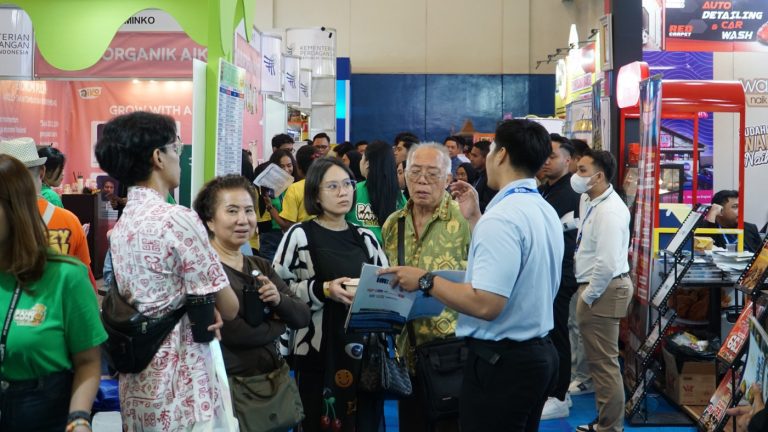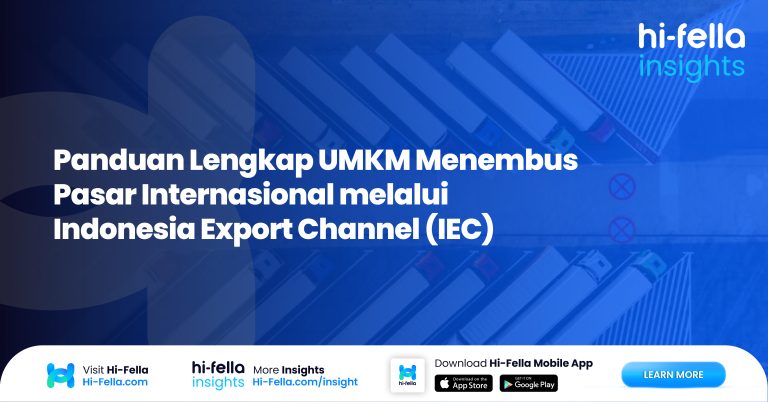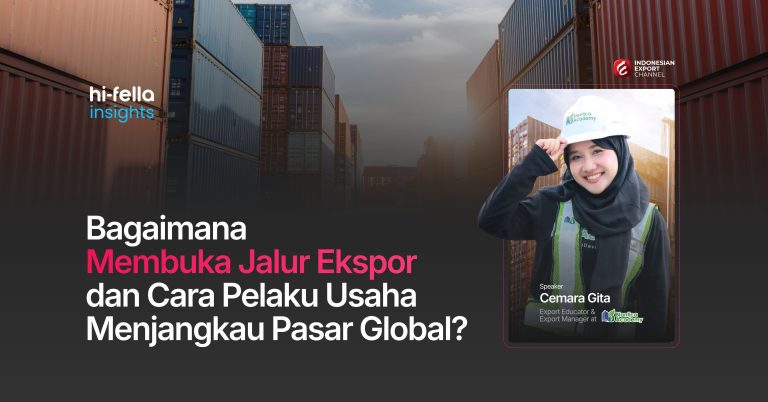Africa’s economic landscape has been evolving, and in recent years, several nations on the continent have made significant strides towards prosperity. When assessing the wealthiest countries in Africa, one must consider various economic indicators, including GDP per capita, infrastructure development, and diversification of industries. The economic success of these nations is often influenced by factors such as natural resources, stable governance, and strategic economic policies. For businesses and investors looking to engage with or invest in Africa’s most economically advanced nations, it’s essential to not only understand the current economic conditions but also recognize the opportunities and challenges that come with each unique environment. Discover Africa’s economic powerhouses. Learn about the continent’s wealthiest nations, their key industries, and their pivotal role in the African economy.
Here are 5 wealthiest countries in Africa as of 2022 based on their GDP per capita. The data is from statista.com.
1. Seychelles
With a GDP per capita of $19,470 in 2022, Seychelles is the wealthiest country in Africa. Seychelles, the most prosperous nation in Sub-Saharan Africa, boasts a robust economy driven primarily by tourism and, to some extent, financial services, resulting in one of the highest GDP per capita figures on the continent. However, its heavy reliance on tourism renders it susceptible to global macroeconomic fluctuations, and the growing interest from investors in the blue economy, which is about the sea and its resources, indicates potential diversification. Although fisheries contribute significantly to the economy, Seychelles faces the looming threat of climate change, which poses long-term sustainability risks for its core industries.
2. Equatorial Guinea
In second place is Equatorial Guinea with a GDP per capita $10,980 in 2022. Equatorial Guinea, enriched by the discovery of substantial oil reserves in the 1990s, has risen to become the third-largest oil producer in Sub-Saharan Africa, following Nigeria and Angola. The country is endowed with arable land and diverse mineral resources, including gold, uranium, diamonds, columbite-tantalite, and significant oil and gas reserves. Strong revenues from increased oil production and favorable prices led to a remarkable fiscal turnaround, with a 3.8% GDP surplus in 2022, compared to a 2.8% deficit in the previous year. Equatorial Guinea’s strategic move to join the Organization of the Petroleum Exporting Countries (OPEC) in 2017 aims to attract foreign investment and technology transfers, particularly from Gulf countries, further bolstering its economic prospects. With a notable GDP per capita and heavy reliance on oil revenues, Equatorial Guinea’s economic success is strongly linked to its hydrocarbon resources.
3. Gabon
In the third place of the top wealthiest countries in Africa, there’s Gabon with $10,150 GDP per capita in 2022. Gabon, recognized as an ecological pioneer, is committed to protecting its tropical forests and actively promotes carbon neutrality initiatives, positioning itself as a net carbon absorber. Despite its diverse ecosystem, fertile soils, and abundant coastal resources, Gabon faces challenges in translating its resource wealth into sustainable and inclusive growth. In 2022, the country experienced economic benefits from higher oil prices and strong commodity production, but the recent coup d’état has introduced uncertainty into its economic outlook. Prior to this event, a growth rate of 2.8% was expected for 2023-2025, driven by sectors like manganese, timber, and oil palm. Gabon’s well-developed oil industry has contributed to a strong GDP per capita.
4. Mauritius
With a GDP per capita of $10,120 in 2022, Mauritius is the 4th wealthiest country in Africa. Mauritius has achieved high wealth per capita through a combination of factors. Its business-friendly environment, ranking 13th globally in the World Bank’s 2020 Doing Business Report, encourages economic activity. Low taxes, including the absence of inheritance and capital gains taxes, attract both businesses and retirees. The country’s safety, rated as the best in Africa, plays a crucial role in wealth growth. The presence of a growing number of High Net Worth Individuals (HNWIs) and a thriving local financial services sector, coupled with a rapidly expanding stock market, have boosted its economic prosperity. Additionally, Mauritius’ diversified industries, stable political climate, and elevated per capita income levels officially classified it as a high-income country by the World Bank in July 2020.
5. Botswana
In the fifth place of the top wealthiest countries in Africa, there’s Botswana with $7,260 GDP per capita in 2022. Botswana’s remarkable economic success, with an upper-middle-income status and aspirations of becoming a high-income country, can be attributed to its significant diamond wealth, strong institutions, and prudent economic management. The nation’s macroeconomic policies, especially in managing diamond revenue, have led to a prolonged period of positive economic growth. Botswana boasts the second freest economy in Africa, following only Mauritius, characterized by a sensible regulatory environment, a robust rule of law, and low trade barriers, making it a welcoming environment for business and foreign investments. Additionally, the government’s fiscal responsibility has contributed to its stable financial position and overall wealth.
For businesses and investors eyeing opportunities in Africa’s most economically advanced nations, a well-rounded strategy is paramount. Start by conducting comprehensive market research to understand the economic landscape, target industries, and potential risks. Political stability should be a non-negotiable criterion, as it profoundly impacts the feasibility of long-term investments. Diversification across industries can safeguard against the volatility of resource-dependent economies. Forge local partnerships to navigate regulatory intricacies and gain valuable insights. Evaluate infrastructure quality and logistics capabilities to ensure smooth business operations. Prioritize a deep understanding of local laws and regulations to maintain legal compliance and avoid potential issues. In a shifting global landscape, the incorporation of sustainability and social responsibility practices into your ventures is not only ethical but also aligns with the growing emphasis on responsible business conduct in African markets, fostering trust and long-term success.
Explore the abundant opportunities for export in Africa with Hi-Fella, an online platform where suppliers and buyers frown around the world meet. Unleash the potential of this vibrant continent and tap into its diverse markets by peeking at Hi-Fella website, download Hi-Fella app on Play Store or App Store, ang sign up for an account. Africa awaits, and Hi-Fella is here to help you make the most of it!








